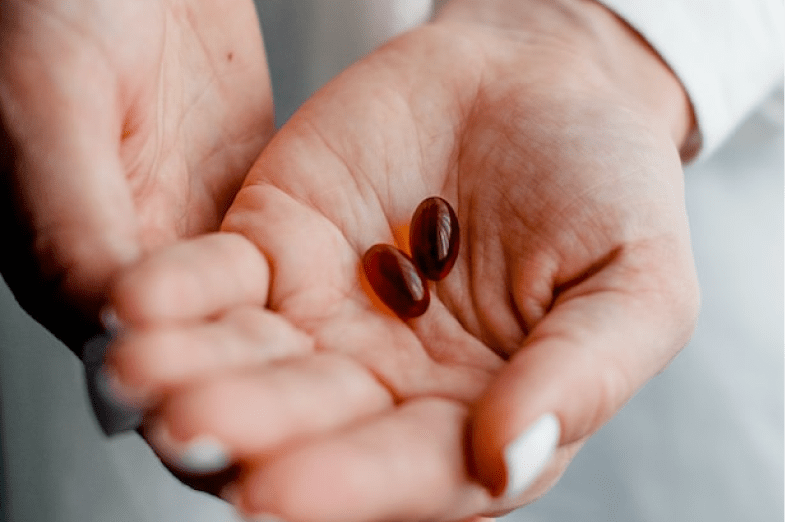-
By: BZOTECH
-
October 27, 2022
How to Support Physical Performance on a Keto Lifestyle
The ketogenic diet — high in fats, low in carbs, and moderate in protein — is widely praised for weight loss and mental clarity. But what about physical performance? Whether you’re a gym-goer, athlete, or weekend warrior, supporting fitness goals on keto requires strategic fueling.
This article breaks down how to maintain (and even improve) physical performance on a keto lifestyle by focusing on fueling, hydration, recovery, and smart supplementation.
How Keto Affects Physical Performance
When you start keto, your body shifts from burning glucose (carbs) to using fat and ketones as its primary fuel. This metabolic adaptation can lead to short-term fatigue or strength drops, often called the “keto flu.” However, once adapted, many experience:
-
Improved endurance
-
Stable energy levels
-
Reduced inflammation
-
Faster recovery
But to get there — and stay there — you’ll need to fine-tune your approach.
1. Prioritize Electrolyte Balance
Low carb intake leads to reduced insulin levels, causing the kidneys to excrete more water and electrolytes like sodium, magnesium, and potassium. Electrolyte imbalances are a top cause of fatigue and cramps on keto.
Solution:
-
Sodium: Add sea salt or drink bone broth
-
Potassium: Eat avocados, leafy greens, or use low-carb electrolyte supplements
-
Magnesium: Take a supplement or eat pumpkin seeds, almonds (in moderation)
2. Optimize Protein for Strength and Recovery
Keto is moderate in protein — not high — but too little protein can lead to muscle loss, especially with intense exercise. You need enough to preserve lean muscle, support recovery, and build strength.
Tips:
-
Aim for 0.7–1.0 grams of protein per pound of lean body mass
-
Choose keto-friendly protein sources: eggs, salmon, grass-fed beef, whey isolate, collagen peptides
-
After workouts, a protein shake with collagen or a keto-friendly blend can help recovery
3. Use Targeted or Cyclical Keto (If Needed)
For high-intensity workouts (like HIIT, CrossFit, or heavy lifting), Targeted Keto (TKD) or Cyclical Keto (CKD) may enhance performance.
-
Targeted Keto: Eat a small amount of carbs (20–50g) about 30–60 minutes before a workout to fuel anaerobic performance
-
Cyclical Keto: Incorporate 1–2 higher-carb days per week to refill glycogen stores while staying keto the rest of the time
This can help sustain explosive strength without fully leaving ketosis long-term.
4. Focus on Quality Fats for Energy
On keto, fat is your fuel. But not all fats are equal for performance.
Choose:
-
MCT oil or powder — provides quick ketone energy
-
Coconut oil — contains medium-chain triglycerides
-
Avocados, olive oil, grass-fed butter — for long-lasting energy
-
Fat bombs or keto shakes — great pre- or post-workout snacks
5. Stay Hydrated and Monitor Recovery
Hydration is more important than ever on keto due to increased water loss. Dehydration can quickly sap your strength, endurance, and recovery.
Tips:
-
Drink plenty of water — especially around workouts
-
Add electrolytes to your water (sugar-free)
-
Prioritize sleep and active recovery like stretching or walking to aid muscle repair
6. Give Your Body Time to Adapt
The keto-adaptation phase takes anywhere from 2 to 6 weeks. During this time, your performance might dip. Be patient — once your body adjusts, fat becomes a reliable fuel, especially for aerobic exercise like running, cycling, or swimming.
You can absolutely maintain — and even improve — physical performance on a keto diet. It just takes some planning. Focus on electrolyte balance, adequate protein, quality fats, and hydration, and consider using targeted strategies for intense training. Give your body time to adapt, and you’ll likely enjoy steady energy, faster recovery, and a leaner physique.
FAQs
1. Can I build muscle on keto?
Yes — with adequate protein and resistance training, muscle growth is possible on keto.
2. Is keto good for endurance athletes?
Yes. Many endurance athletes thrive on keto due to improved fat oxidation and energy stability.
3. Should I eat before or after workouts on keto?
It depends on your goals and intensity. Many do well training fasted; others benefit from a light fat/protein snack pre-workout.











Leave a comment